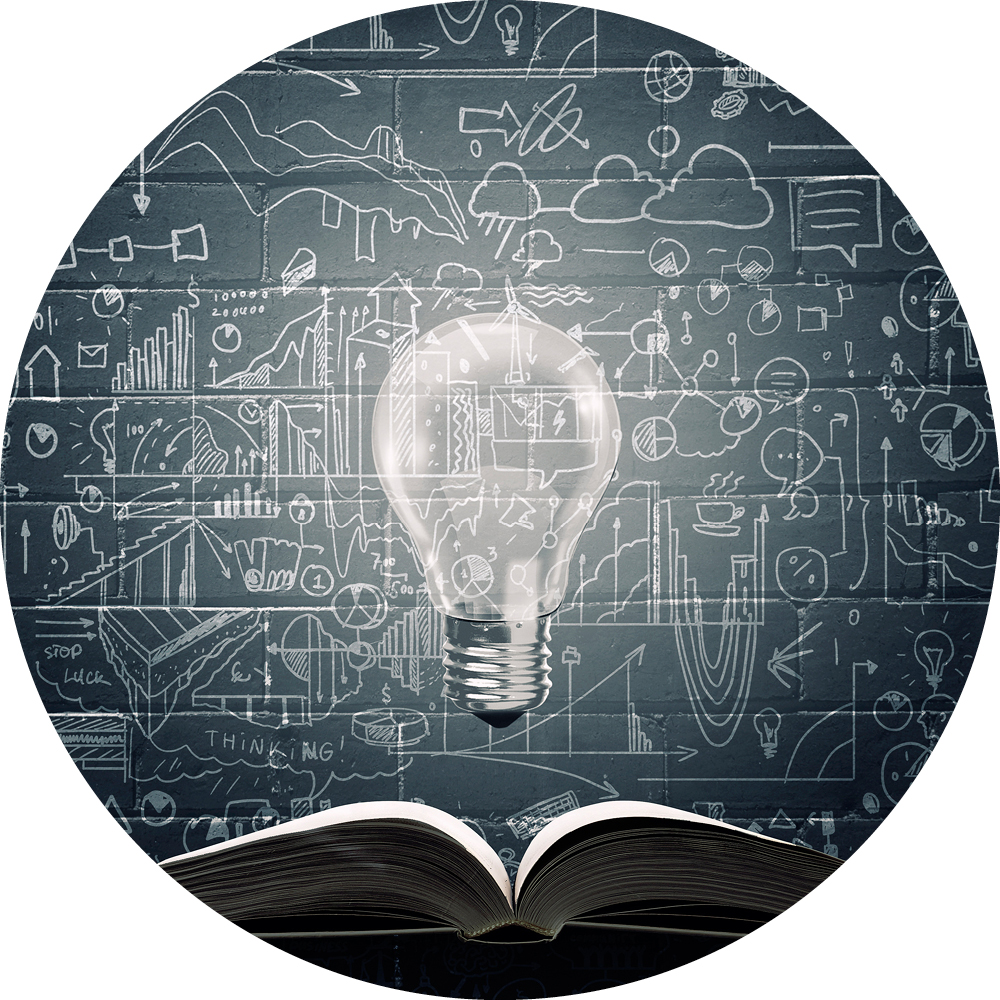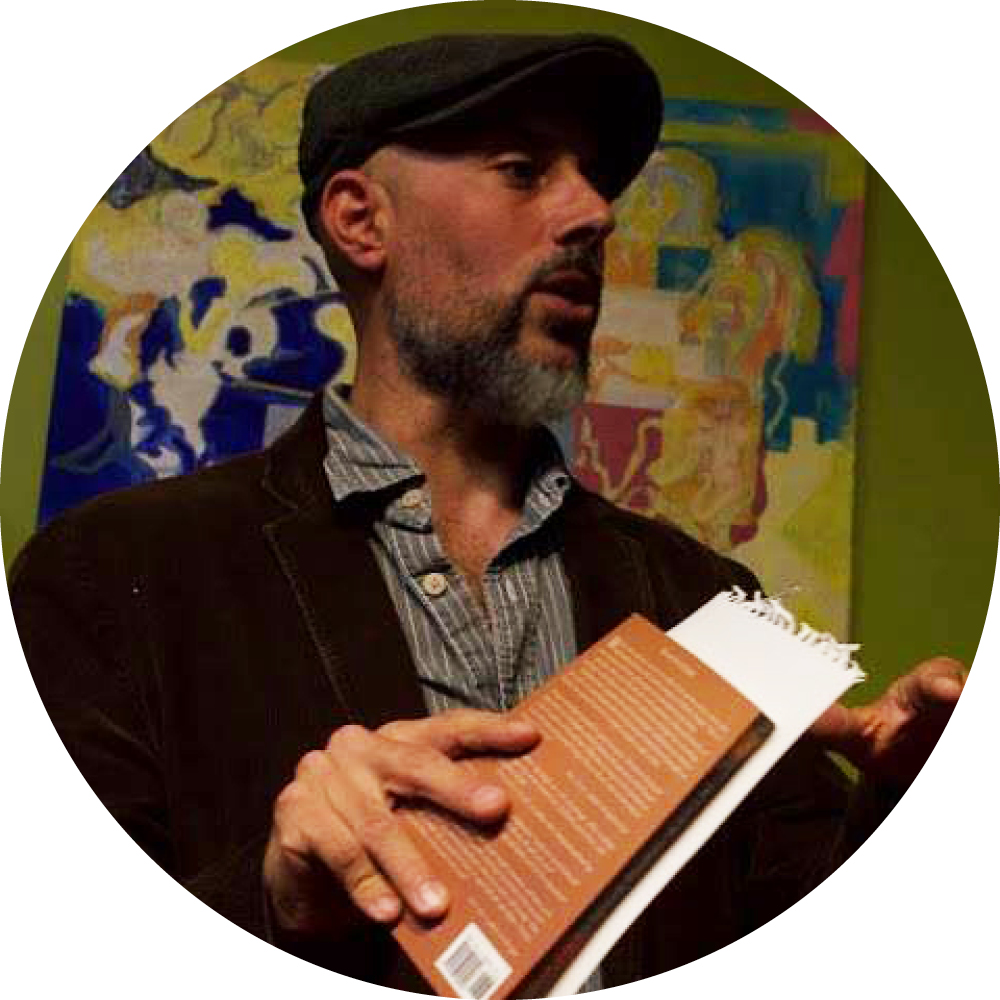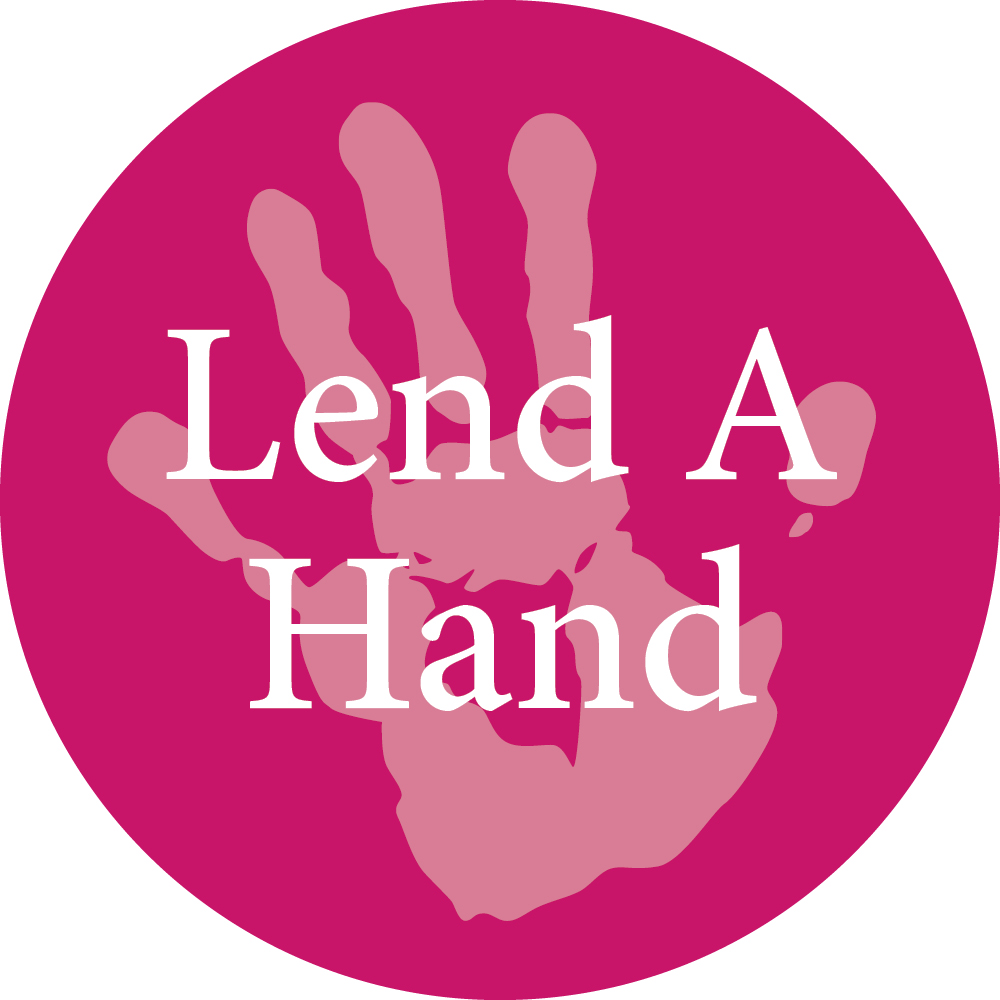Madly Making
Face Masks
By Gail Collins-Ranadive
Are they mocking me, that pair of remnant dinosaurs shaped like doves calling out in the predawn darkness on my back patio? This is supposed to be the day that my new book, Dinosaur Dreaming, Our Climate Moment, makes its public debut, but Vegas is a month into living under ‘stay home for Nevada’ orders, hoping to flatten the curve of the coronavirus pandemic, so my Sierra Club launch event has been indefinitely postponed.
Apparently, some people are becoming impatient and reckless and not paying proper attention to the ‘asteroid’ disrupting life as we know it. Across a nation reeling with exponentially rising death rates, protesters are planning mass demonstrations today in defiance of social distancing mandates, demanding that states reopen everything immediately so their lives can get back to normal. So much for our big human brains!
Why are some humans reverting back to the brain layer that rendered the dinosaurs unable to deal with the cataclysm that sent them over the edge of extinction? Fight, flight, and flee won’t serve any better now than back then. The doves’ mockery comes as a challenge to the main premise of my book: that we the people do not have to go the way of the dinosaurs IF we consciously and conscientiously deal with the coming threat of the looming climate catastrophe. Yet in what feels like a wake-up call and/or dress-rehearsal for what’s yet to come, this pandemic’s polarizing politics are pulling us apart exactly when we need to unite behind the wisdom epitomized by scientific research, medical expertise, and global experience…all developed in our higher brain layers.
Still, we haven’t all devolved into our reptilian selves: the mammalian brain layer that evokes the impulse to care for and about the young and old and everyone and everything in between seems stronger than ever. Incredible acts of kindness abound and are being shared over the world-wide-web. I want to call back to my resident doves: did you feel anything when you abandoned that nest you built at the edge of my roof, then sat on so faithfully for weeks?
Yet deep grief over what and who’s being lost can be as immobilizing as the pandemic itself. I need to keep busy. My partner and I have decided to make face masks for family and friends, a project we began within a week of being in lock-down. After ordering a refurbished sewing machine online, Milt began pulling a variety of patterns off the internet, freely shared by women from all over the world. I began rummaging for suitable swatches of fabric in my ‘altar cloth’ drawer, and snagging snatches of elastic from the back of the kitchen junk drawer. I had some thread, but not enough to go very far for very long. Milt ordered more over the internet, then tracked the route that brought the package to Las Vegas then sent it on to Arizona for another week before it came back to us here. Meanwhile Milt donated a couple of unworn tee-shirts for linings…wait, didn’t I give you those on it a birthday, or was it a Christmas?
Pooling our offerings like the animated creatures in Cinderella’s story, we created something credible we could check out for coverage and comfort while awaiting delivery of suitable filtering material to put into the pocket layer. The fabric we ordered arrived yesterday: four yards of two different dinosaur prints.
We’re eager to use this ‘freed up’ afternoon to madly make more face masks.
I use madly in two senses of the word: as in frantically…to stave off my growing panic over how inept leadership, political corruption, and corporate greed keep trumping rational efforts to contain the pandemic,
and as in angrily…to deal with my growing rage at those who’d jeopardize everyone else’s needs and well-being for their self-centered wants.
This breach of public response-ability became personal when my coronavirus-positive niece needed emergency surgery to deliver her baby boy three weeks early. Will his mother be able to hold him, let alone take him home? What will the climate be like when he’s a teen? The uncertainty facing this new child on so many levels infuriates me…because it’s all so unnecessary.
We know what to do, but collectively won’t! The parallels between the current pandemic and the coming climate crisis are doubly maddening: deny, delay, dispute, distort, and dismiss, then lash out at those who warned of the danger and bail out the failing fossilized-energy based economy. It’s all so crazy-making that I need to engage my hands to keep from losing my mind.
As I set out the accumulated supplies, I suddenly get it…why my silly impulse to bring sewing materials to the open psychiatric unit of a general hospital where I was a nurse was such a hit!!
The majority of my patients there were menopausal women struggling with so-called empty-nest syndrome. Electric shock therapy ‘helped’ for only so long, then the cycle would repeat: the depression would return and wrists would be slashed in desperation again. The great mystery was why.
One main role of a psych nurse is to listen to the patient. But there was little time between evening visiting hours when husbands left the wards, and psychiatrists finished evening rounds to okay the next day’s shock treatments, and administrating sleeping medications. When was there time for patients to talk with me? I have no idea how I hit on this perfect work-around: I brought pre-printed animal pattern pillows, needles and thread, and stuffing material to work with me, then set them out on the table in the ward’s conference room.
As soon as we had the rest of the evening to ourselves, I invited interested women to join me, then had the ward clerk send out for pizza. With their hands busy and their time put to constructive use, the women began sharing their stories. What they revealed was a profound sense not just of loss but of being lost after decades spent living for and through others.
Most nights I stayed long after my shift ended, faithfully charting their angst and emptiness…notes that, near as I can tell, were never read by the doctors they were meant for. And so the cycle continued: slashed wrists, shock therapy, and discharge back into the same situation. In addition to renewable prescriptions of powerful, mind-numbing pills, women were given the advice to go home and paint their kitchens a cheerful yellow.
Was I looking at my own future, and that of my baby daughter? Was this ‘the problem that has no name’ that Betty Friedan had described in her newly published book, The Feminine Mystique? I bought multiple copies to give out to the women. Studying it myself, I began to suspect that for a doctor or a husband to really pay attention to what women needed for health and wholeness, their own dominant life-style would be undermined.
But it wasn’t until my own midlife crisis that I realized from first-hand experience how anger turned inward becomes depression.
Now, madly making masks might keep my anger from turning inward. Yet lining up the pattern pieces so the dinosaurs aren’t standing on their heads or lying on their sides proves to be such a challenge that I’m catapulted back into seventh grade’s home-economics sewing requirement, making a mess of things. Dang! I thought I’d dealt with that old insecurity! How odd that psychic issues are resurging during in this unsettling time! No wonder people are breaking out of their isolation and taking to the streets, blaming and projecting what they can’t deal with within themselves: facing down our inner demons is far harder than dealing with the pandemic. In his classic The Myth of the Machine, Lewis Mumford claims that “Until he had laid down a solid floor of culture above his unformed ‘id,’ [early man’s] inner life just to the degree that it had parted from its safe animal lethargy must have been teeming with archaic reptiles and blind monsters of the deep” (page 52).
Milt’s soft voice breaks through the voice of my deceased mother in the back of my psyche forever nagging that I’ll never ‘get it right.’
“The sound of the scissors on the cutting board (read dining table) brings back so many memories of my mother sewing late into the nights after all the farm chores were done,” Milt reminisces. It’s clear that his mother has taught him how to sew: he knows his way around the machine and is awed at how sophisticated it is compared to those from 60 years ago. I share memories of my great aunt making all my clothes and the time I spent standing on a chair while she pinned up the hems of skirts and dresses. She was my mother’s confidant and support system in an era when no one ‘aired their dirty laundry’ in public, or spilled their guts out to shrinks.
Determined to use this project therapeutically, I turn back to my task. Luckily, I’ve cushioned my cutting thumb with a Band-Aid before it blisters again so I can keep on keeping on. The dinosaurs begin lining up nicely without wasting too much fabric. I silently respond to my inner mother: “Look! Finally, there’s something I am good at!!”
We soon have an assembly-line going and joke about whether the boss of this ‘sweat shop’ will give us a break when we need one. But we know that face masks are not being mass-produced in U.S. factories as yet: instead, private citizens are stepping into the void of our government’s colossal failure and hand-making masks for health care providers, grocery clerks, and other essential workers. Taking our place in this cadre of resistance and persistence calms me, freeing up my mind to wonder what a more livable world could look on the other side of this crisis in the run-up to the coming one. Being able to imagine a future beyond the hopelessness evoked by any current depression is a first clue and a good sign that the higher brain functions have been reengaged.
As climate activists, Milt and I have been working for renewable energy in both the present and the future….the sun is running the sewing machine. Instead of ‘whistling as we work,’ we dare to dream of a world where power and profit no longer trump people and planet, and fossil fuels don’t spew their carbon back into the atmosphere, destabilizing the climate for upcoming generations of Earth’s creatures. Until now, that new world-view has been met with incredulity: no one could conceive of the rapid drawdown of fossilized energy that’s needed immediately if we’re to maintain a livable temperature on the planet. Yet this pandemic has shut down much of the offending emissions nearly overnight. And though people are talking about getting back to the ‘normal’ that wasn’t working for almost anyone in equitable, non-polluting, healthy and hopeful ways, a whole new normal is needed.
My heart hurts for those suffering from being out of work: how will they feed their families, pay their rent, afford health insurance if/when they get COVID-19? Billions of taxpayer dollars have been earmarked for large corporations and some small businesses, with a pittance for eligible citizens. The push to reopen everything so people can get back to work, but not hold their employers responsible for unsafe working conditions, sets up an impossible situation. Yet this is a false dichotomy: no one should have to choose between their lives and their livelihood, whether a coal miner or a meat packer. There is already a different plan on the table, in the form of a Green New Deal, that will no longer normalize greed, inequity, or the destruction of the ecosystems upon which our existence depends. This new way of being in the world will embrace both nature and human nature. Making face masks is our salute to that future.
We are limited in the number we can make; we have run out of elastic. While we wait for the order shipped from China, I set off to mail what we have completed. This becomes a challenge that takes me three trips to the local Post Office. Wearing masks is required (check), as is maintaining six feet between customers (check), but just before it opens, those of us already lined up are informed that only 10 people are allowed in the building at a time…including the postal clerks. When we count ourselves off, I am number 11 in line, with no clue as to how many employees will be standing behind the counter when the metal barrier is rolled up. There is no way into the line already forming outside. I leave and return two hours later: by then a line stretches out of the building, into the parking lot, and down the access road with its two-way traffic. I leave again. Arriving a full half hour ahead of opening time two days later, I am first in line. Within minutes, a half dozen face-masked other people fall in behind me. My packages will finally go out.
Before our home-made masks even reach their destinations on the other side of the continent, I watch with fascination as wearing masks becomes a definitive moment in the evolution of the human species. People who resent being told what to do are rebelling at having limits placed on their ‘freedoms.’ Irate customers are boycotting stores that require masks. Even the president can’t be bothered wearing one while touring a mask-making factory. And the vice president refuses to wear one at the Mayo Clinic, where it’s a requirement.
Yes, wearing a mask is uncomfortable. Yes, it is harder to breath with three layers of cloth over your nose and mouth. Yes, continually drinking water in the desert heat becomes impossible while wearing a mask.
Yet wearing a face mask isn’t about the wearer’s comfort, or protection. Paradoxically, those of us wearing masks are protecting those who are not.
What’s being called for now is a radical respect for our ‘interdependence,’ rather than an irrational insistence on ‘independence.’ We need to lift up and live out another story, one that recognizes that we evolved not by competition but through cooperation. This is the story that women have long been telling through their domestic arts, those acts of creation out of destructive chaos.
I set aside my sewing to return to my patio. In the twilight, as the doves shapeshift into miniature dinosaurs, I concede:
“You just might be right, after all. We shall see.”
About The Author
Gail Collins-Ranadive
Over her lifetime Gail Collins-Ranadive has been a psychiatric nurse, a military wife, a private pilot, a children’s writer in residence, a religious educator, a writing teacher, a workshop facilitator, an adjunct professor, a retreat leader, an ordained minister, and an environmental activist. She has two daughters and five grandchildren, all on the east coast. Her books include If You’d Been Born in India and Hopi Birth Morning (for children), plus Finding the Voice Inside, Writing as a Spiritual Quest for Women; Light Year, A Seasonal Primer for Spiritual Focus; Chewing Sand, An Eco-Spiritual Taste of the Mojave Desert; Inner Canyon, Where Deep Time Meets Sacred Space; and Nature’s Calling, the Grace of Place. Poems and essays have appeared in a variety of publications. She currently hosts the Environmental Column for The Wayfarer Magazine. She and her partner winter in Las Vegas and summer Denver, where they get to work on climate issues and actions in both places. Retiring early in order to focus full time on her writing, she has three more manuscripts in process. Her website is www.gailcollinsranadive.com.
Re-sources
Re-Imagining Education

Empowering educators to take a deeper look at the stories told in our schools and to re-imagine them in transformative and
nurturing learning spaces.
Learning Opportunities

Classes, workshops, and lectures that help to empower people to re-imagine who they are and their place in the world.
Get Involved

Help the Chicago Wisdom Project realize its mission to re-imagine education through holistic programming that transforms individual, community and world through creative expression.
